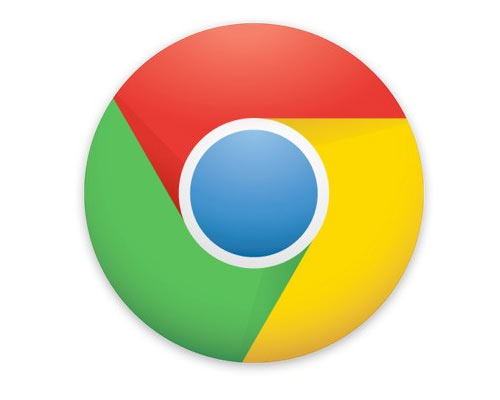Chrome 17 Gets HTTP Pipelining
There is a new feature that has just popped up in the Webkit snapshot releases of future Chrome versions, also known as Chromium releases. Chromium 17 includes an HTTP Pipelining flag.
Google is a bit late to the party with this feature. Opera has had pipelining support since version 4 and Firefox has also included some customization freedom for users to adjust pipelining to alleviate the page load delays that are cause in high-latency situations.
Pipelining can be enabled via a flag in chrome://flags and will result in Chrome sending off multiple http requests before a response is received. The purpose is to shorten load times of pages especially on slow client-server systems. The improvement is very limited at this time and highly subjective. Google is unlikely to offer this feature for customization, but indicated that Chrome will automatically select the best number of pipelines. There is no proxy support and there is no way for the system to deal with servers that do not support pipelining or incorrectly implement pipelining. Google said that it will be fixing this feature in the future.
It is unclear when pipelining will be available by default. However, Chrome 17 is about 12 - 14 weeks from its final release and there is plenty of time to prep the feature. You can test drive pipelining in Chrome by downloading a recent Chromium snapshot. The feature is integrated in the browser in build versions 106364 and higher.
Get Tom's Hardware's best news and in-depth reviews, straight to your inbox.

Wolfgang Gruener is an experienced professional in digital strategy and content, specializing in web strategy, content architecture, user experience, and applying AI in content operations within the insurtech industry. His previous roles include Director, Digital Strategy and Content Experience at American Eagle, Managing Editor at TG Daily, and contributing to publications like Tom's Guide and Tom's Hardware.
-
Randomacts Chrome 18 does your homework!!!...Reply
Seriously tho.. I wish they would do .01 ect updates for most of these updates -
JOSHSKORN RandomactsSeriously tho.. I wish they would do .01 ect updates for most of these updatesI know. It annoys me that browser devs keep changing the version number but I can't see a bit of difference on the UI.Reply -
bennaye RandomactsChrome 18 does your homework!!!...Seriously tho.. I wish they would do .01 ect updates for most of these updatesReply
I wistfully think Google does this to rub it into the faces of Mozilla. FF got canned by the community for their "rapid-release-schedule-with-nothing-much-changed" strategy, while Google's doing pretty much the same thing but with *much* less criticism.
Why don't people heap it on Google as well? -
Firefox and Opera already does that. But to answer your question - no. It sends nothing before you click a link.Reply
-
randomizer bennayeWhy don't people heap it on Google as well?Because most people see Google as a champion for the end user.Reply -
come on...because google dont use the version number for marketing unlike mozilla!Reply
I dont even know what version im running or downloading without the about google chrome -
alidan JOSHSKORNI know. It annoys me that browser devs keep changing the version number but I can't see a bit of difference on the UI.i wish microsoft was like this, you know, change the engine without changing the interface. i get use to how something works (everything pre vista) than it all gets changed for no real reason (win 7, cant speak for vista)Reply -
solipsism izmanqwill this makes testing web service using chrome frustating, since chrome will send request before we click a link :|Reply
That's not what HTTP pipelining means. Basically, if you have 10 CSS files all hosted on the same server, a pipelined browser will request all 10 through the same socket without waiting for the response to the first 9 before making the 10th request. It then reads each reply off the socket in order.
Assuming a latency of N milliseconds, a non-pipelined HTTP/1.1 connection would save (9*N) milliseconds in this scenario. However, pipelining support in webservers isn't all that reliable - even with HTTP/1.1, a naive implementation of HTTP could end up mixing content from the requests together, so the hard part of the client implementation is error checking and fallback.
